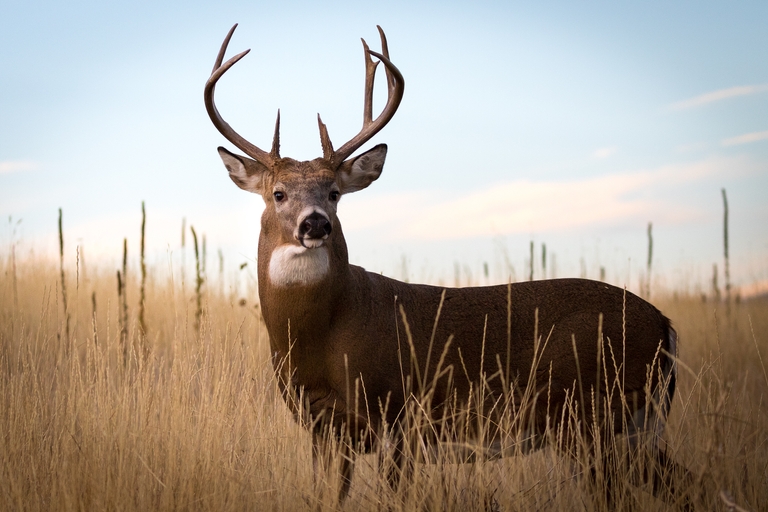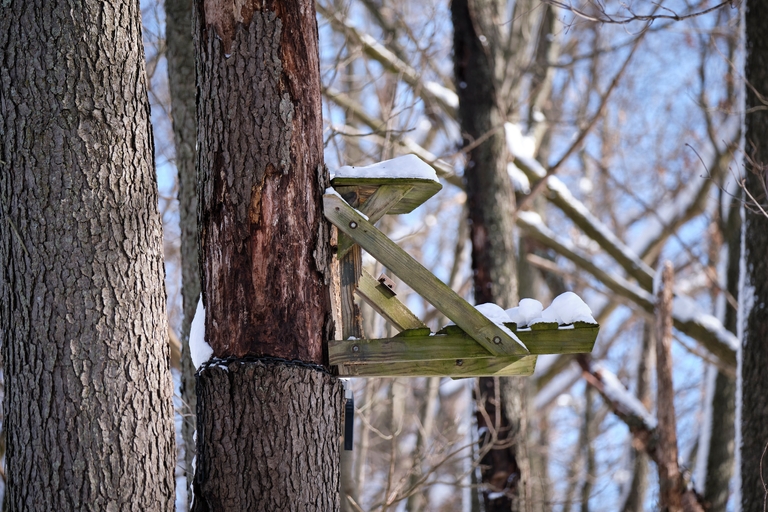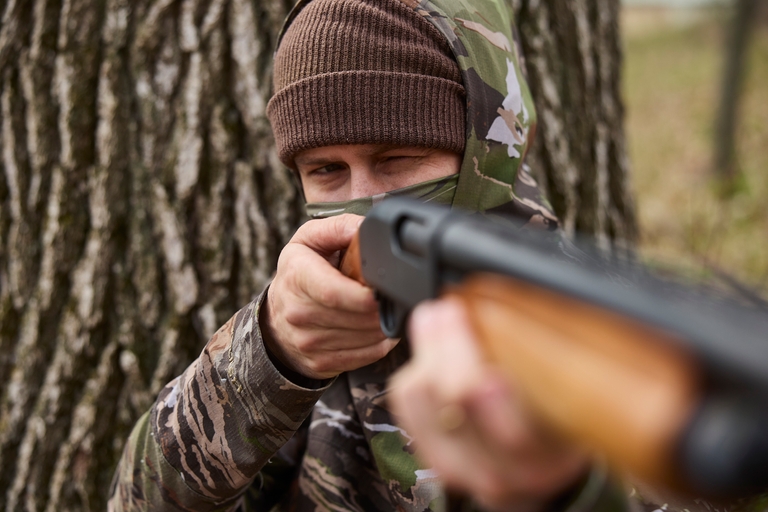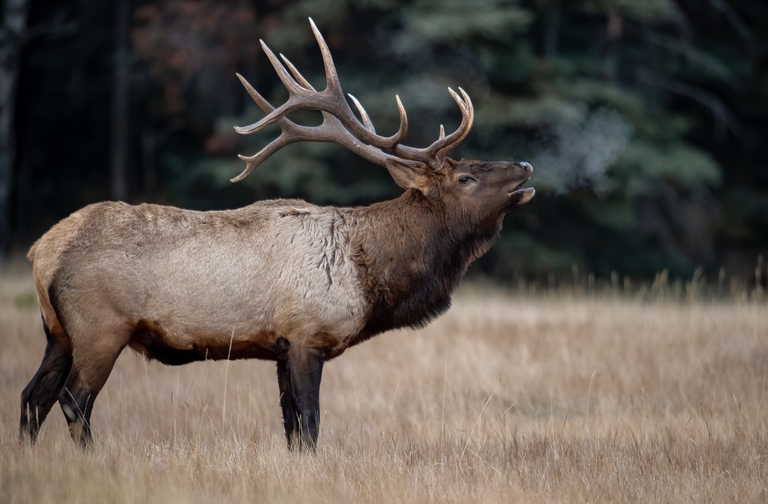How to Hunt for Morel Mushrooms
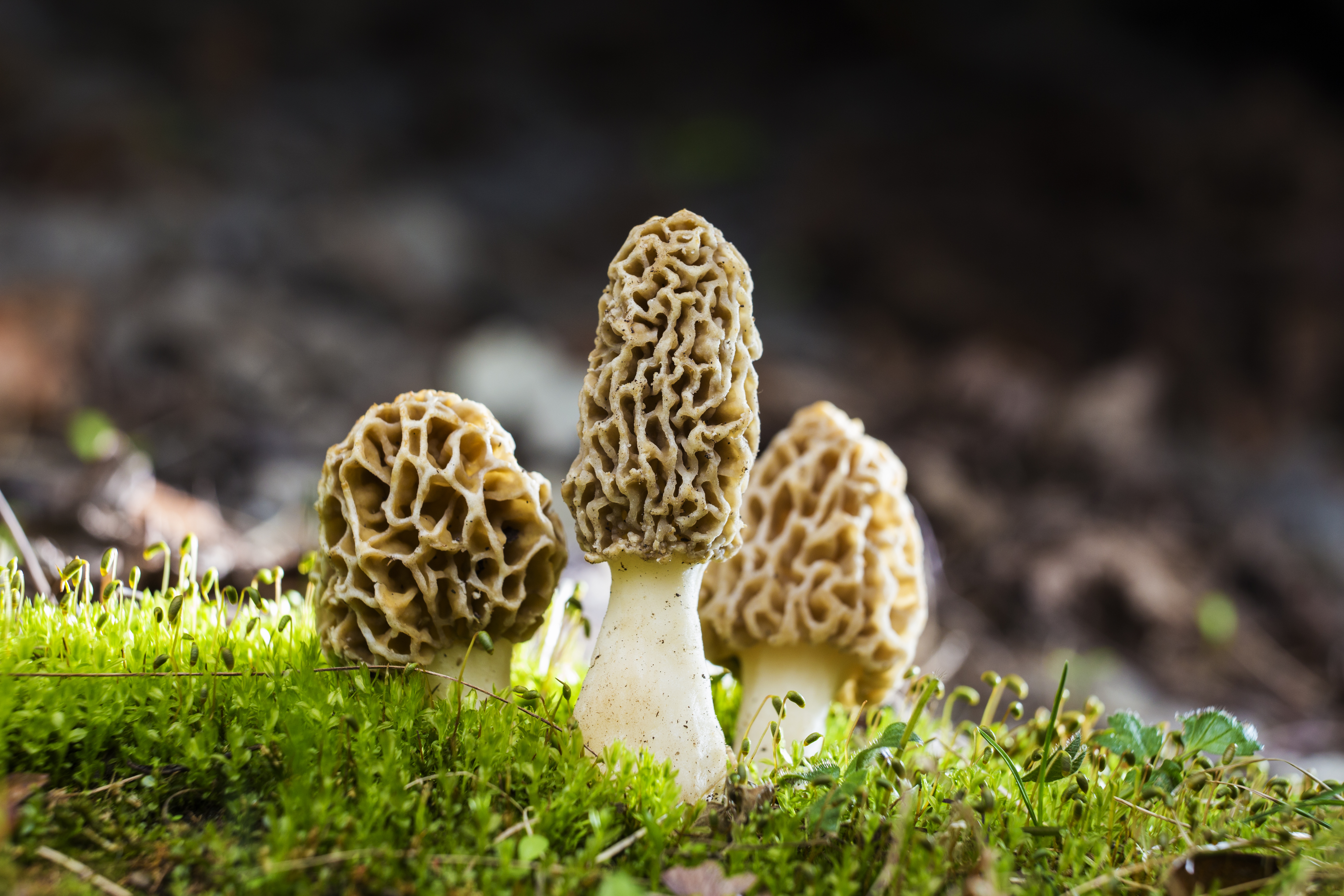
When spring arrives, so does the potential to find a tasty treat in the woods: wild morel mushrooms.
People often say finding a morel mushroom is like finding a needle in a haystack. However, with some insights into how and when to hunt them (while staying safe in the woods), you can forage and gather these rare mushrooms and use them with your turkey or deer harvests to create delicious meals this spring.
Here are our best tips for hunting morel mushrooms in the spring!
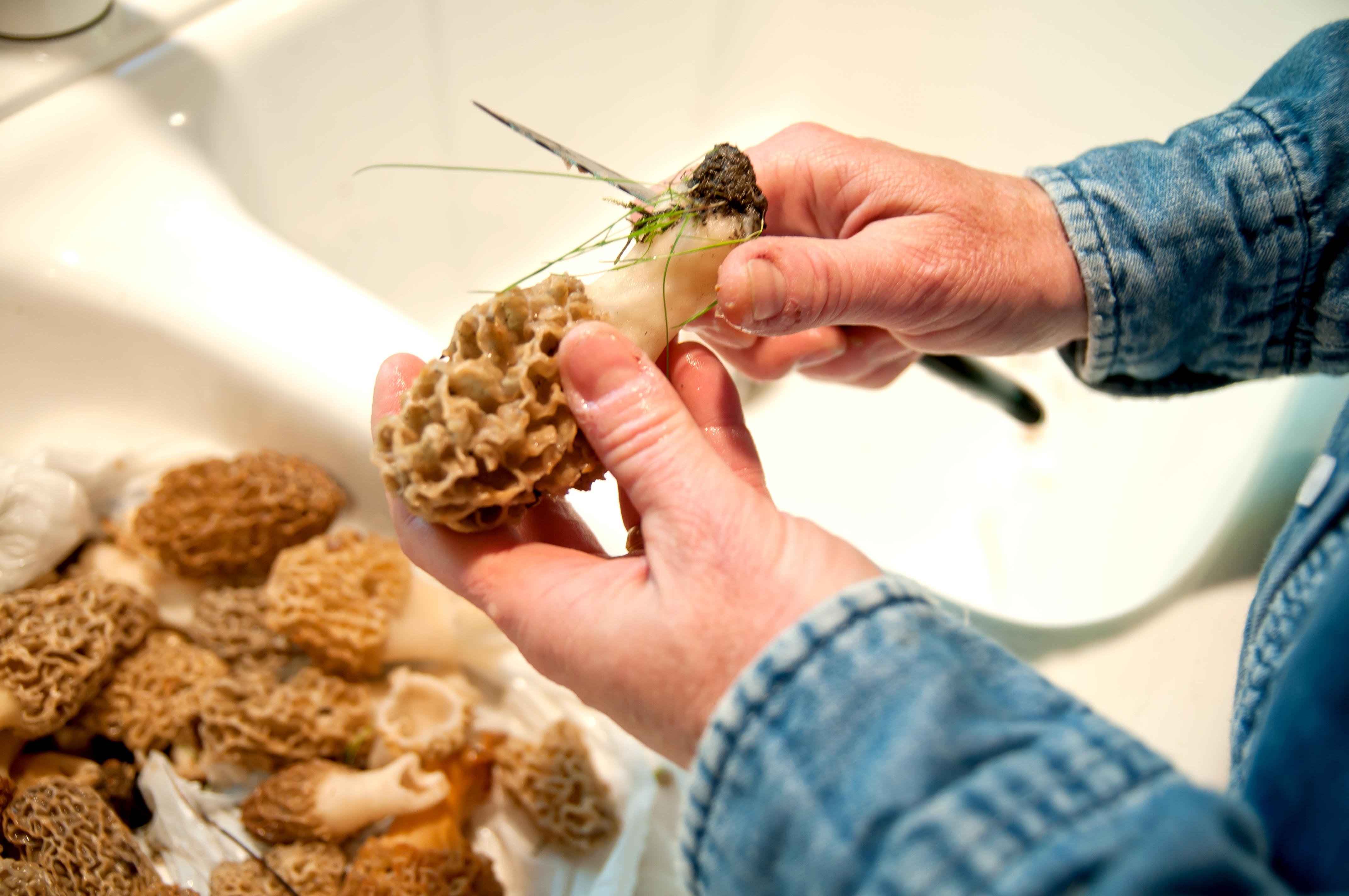
What Are Morel Mushrooms (and Why Hunt Them)?
The morel mushroom is considered "elusive," as they only grow in the wild – as opposed to mushroom farms – making them a rare (and expensive) delicacy. They have a nutty, earthy flavor highly desired by chefs (including home chefs) to enhance dishes with their meaty texture.
However, if you can forage and find morels on your own, you have a highly sought-after and delicious food without the high costs!
Where to Find Morel Mushrooms (and How to Identify Them)
Wondering where to find a morel mushroom? Morels need wet, warm conditions to grow, making it challenging to farm them. So, in the spring, while conditions are damp and the temperatures begin to warm after cool winter months, you'll start seeing these mushrooms peek through the topsoil around the edges of wooded areas.
Look for signs of morels near dead or dying trees, specifically elm, ash, aspen, and oak trees. You'll start seeing them early in the spring, but waiting until mid-spring can yield larger, more mature mushrooms – some growing 4-5 inches tall.
It can be easy to identify a morel mushroom due to its distinct look, which differs from most other "typical" mushrooms. They have a cone-shaped cap and crevices (like a sponge). Slice one open, and it should be hollow inside.
However, beware of the "false morel," a dangerous mushroom that can be mistaken for a "real" morel. The false morel can cause headaches, diarrhea, vomiting, and even death.
How to Find Morels
Now that you know what they look like and where they are, adding morel hunting to your year-round hunting plan can be an excellent way to learn more about the hunting land around you and practice safe actions in the field (without the risks of carrying firearms).
Plus, a successful morel hunt means you have a tasty delicacy to bring home for dinner! Here are a few tips for finding morels.
1. Use an App
Having a good mapping tool is essential to scouting and finding mushrooms efficiently.
Because morels are rare, it's a competitive sport to find them! However, if you target the right timing in the spring and locations most likely to yield good morels (instead of wandering aimlessly through the woods hoping you find something), you're ahead of the competition from other mushroom enthusiasts.
A hunting app like HuntWise lets you e-scout areas to maximize your morel-hunting time in the woods. With HuntWise, you get:
- Satellite and Terrain Base Maps
- Over 250 map layers to identify potential morel mushroom locations
- Customizable markers for plotting high-potential (or low-potential) locations to target or avoid
- Land boundary lines for public and private land (with owner contact information to gain access to private property
If you find an excellent spot for hunting morels – but it's on private land – the HuntWise app has the info you need to contact the landowners and ask permission to harvest mushrooms on their property.
Morels typically grow under forested cover rather than grasses or other ground cover. Use the maps in the app to look for these areas, including any recently burned areas – easily identifiable using HuntWise. These areas are ideal for morel growth.
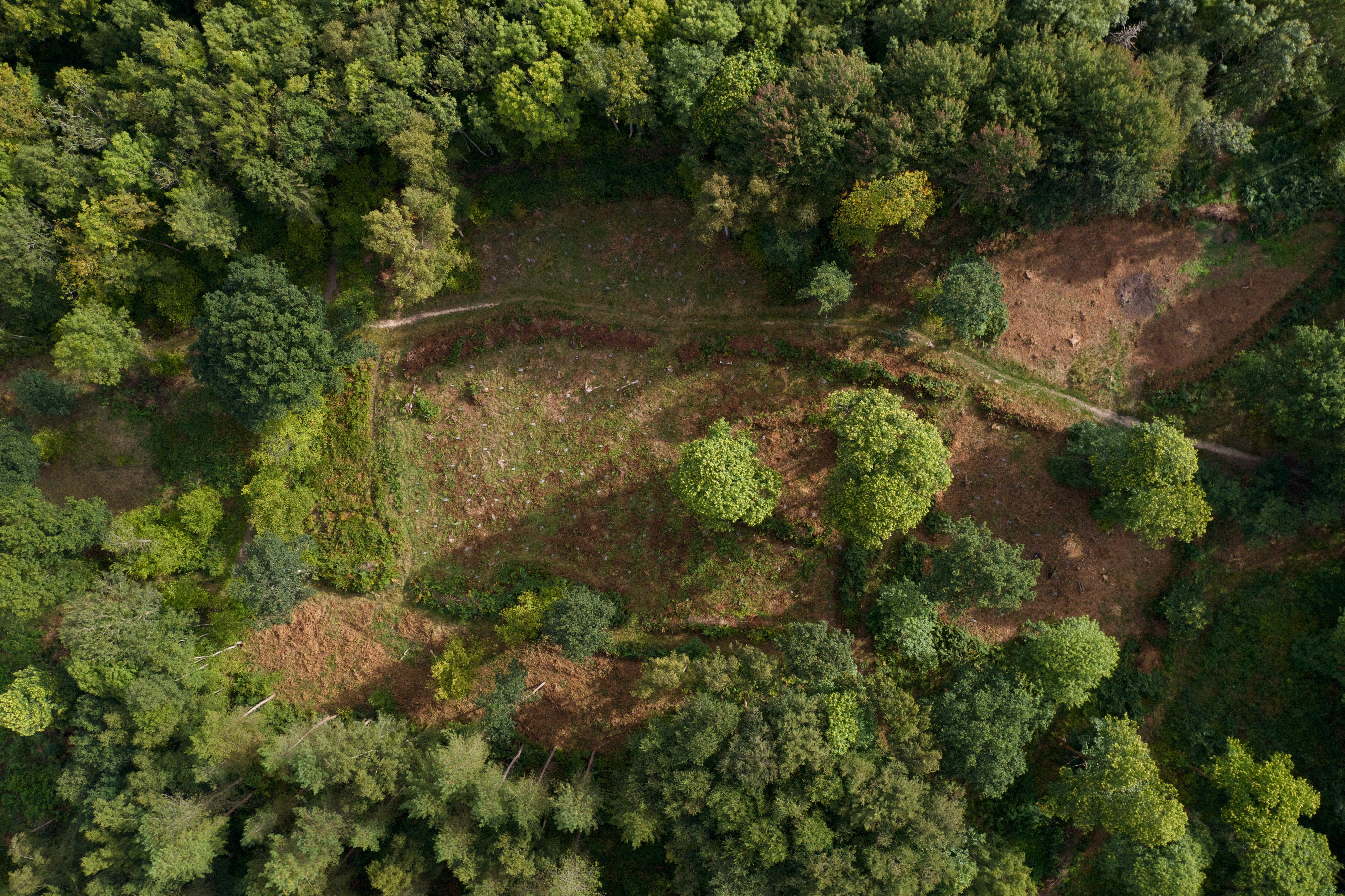
2. Find the Best Time to Go
Morel season can change depending on how cold or warm it is. However, the season typically ramps up in the later part of March through May.
Look for days when the temperature is around 60 degrees and night temps are around 40 degrees. With these conditions, soil temps are typically in the 45-55 degree range. The day after a nice spring rain also can produce great morel results.
3. Get Permission
We mentioned getting permission from private landowners to hunt morels on their land, but you may also need a permit to hunt these mushrooms in your area.
Morel hunting is regulated in some areas, primarily for commercial use if you intend to sell them. Check local regulations before you accidentally exceed the bag limit for morels and face penalties. However, in most areas, morel hunting permits are not required for personal use.
So, picking enough for the recipe you have in mind should be fine.
4. Stay Safe
No matter when and "what" you hunt (whether it's an animal or morel), apply best safety practices in the field and woods.
If you combine morel hunting with spring coyote or turkey hunting, be especially aware of your surroundings and carry your firearm safely.
Also, be aware that others may be hunting spring turkeys on the same private or public land you're on for your morel hunt. If you see hunters honing in on a tom, wait until another time to go into the same area and look for morels.
Lastly, dress for the temperatures. Walking through the woods and gathering morels can be hard work! Wear layers to protect yourself from cold temps, and shed layers as you warm up. If you get stranded outside in cold weather, make sure you know how to survive in extreme temperatures.
Learn Hunting Safety Best Practices Before You Hunt!
While you don't need a safety license to harvest morels (like you do to hunt species), it is always a smart idea to take a hunting safety course before entering the woods or a field where animal hunting takes place.
If you've never hunted animals before – and morel hunting whets your appetite for hunting small game, turkeys, or even bigger targets like whitetail – you can prepare yourself for the season with the required safety course for your state through Hunter-Ed. Our courses are 100% online, and you can take your exam online, too. After passing your exam, you have the knowledge to hunt safely – no matter what you hunt!
Find the course for your state, create an account, and start learning for free with our online study guides!

